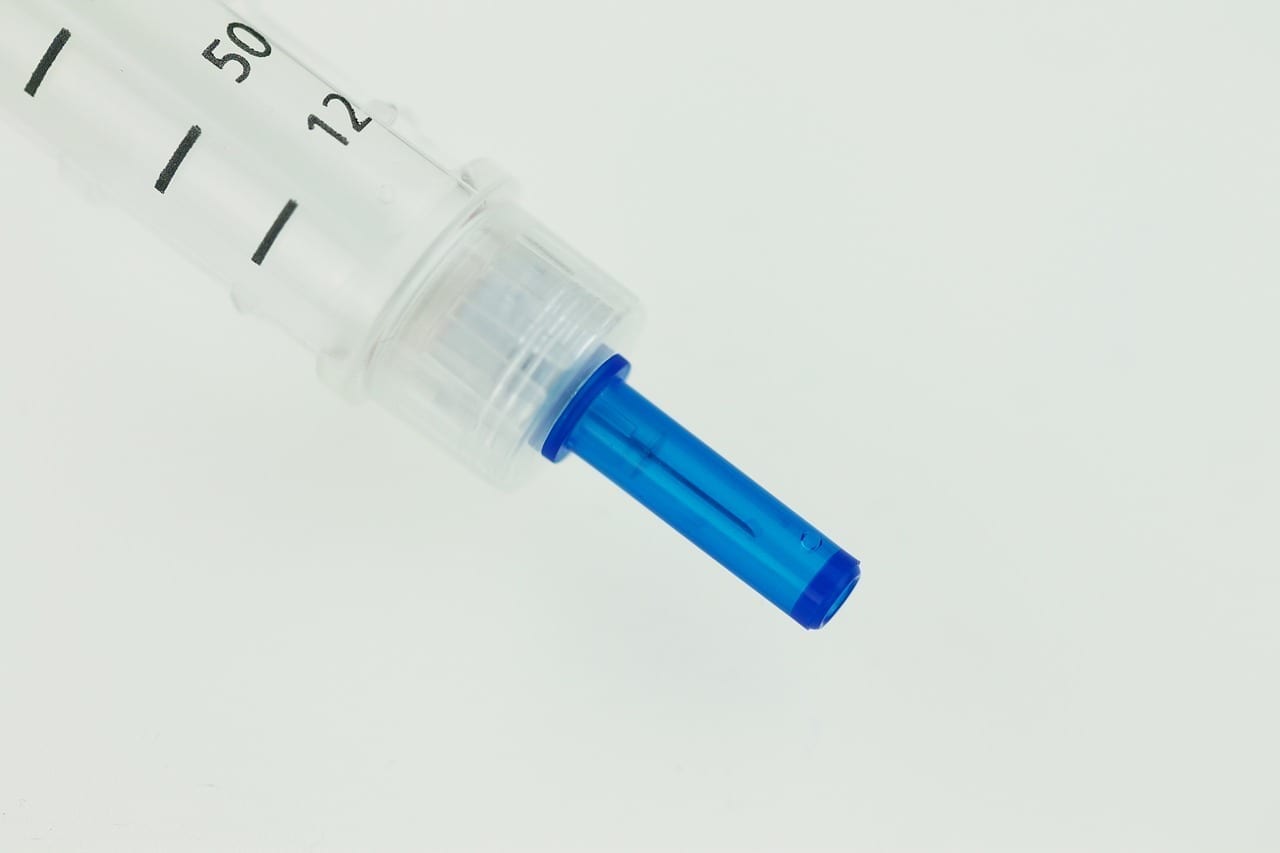Protests at the headquarters of for-profit prison corporation CoreCivic are drawing attention to the company’s practice of denying diabetics timely treatment.
Three inmates have sued CoreCivic over its medical practices. Plaintiffs say they’re provided sub-standard healthcare. Insulin shots are administered without routine, complicating detainees’ ability to regulate their blood sugar.
A class-action suit filed earlier in the year alleges that inmates at Trousdale Turner Connectional Center sometimes have to wait ‘hours’ after meals to receive insulin shots. Attorneys claim the center is chronically understaffed and suffers from frequent lockdowns.
The Hartsville Vidette reports that former Trousdale inmate Thomas Leach filed a suit in 2016; another was launched this year, after a detainee named Jonathon Salada died from diabetes-related complications.
Interviews with inmates portray conditions for diabetics as dismal. The Tennessean interviewed Douglas Dodson, who suffers from the condition and is currently housed at Trousdale.
Dodson says lockdowns can last a very long time. The last one went on for ‘weeks.’ Inmates were kept in their cells and denied access to the ‘chow hall.’ Consequently, meals were delivered to individual cells.
For diabetics like Dodson, meals were supposed to come with an insulin shot. But he claims not to have received an injection for several nights, endangering his health and risking his life.
“For the past 2 ½ weeks we have been on lock down, and it has been several evenings that we have not been called to the clinic to get our insulin,” Dodson wrote in a prisoner complaint form which is featuring in one of the suits against Trousdale.
“I know my insulin s keeping me alive and I really need it everyday. This has went on long enough here at this facility!” Dodson said.

The Tennessean says the three suits have received little attention until now.
On Monday, a group of ‘several dozen’ protesters blocked entry to CoreCivic’s corporate headquarters’ parking garage in Nashville. Some chain themselves to cement-filled barrels while others laid down tools and barriers meant to impede traffic and prevent vehicles from passing.
The protest went on for nine hours before police cleared participants out.
During the nine-hour blockade of CoreCivic, a former employee described how she overheard Salada begging for help in his last days alive.
“He screamed in pain for three days,” said Ashley Dixon, who resigned from Trousdale nearly a year ago. “I tried to get him help, but nurses told me he was faking it.”
Salada’s family claimed in their suit that medical tests had shown the man’s blood sugar levels were dangerously high. Despite that, he never received “appropriate or proper medical care.” Even after being sent to the infirmary twice, Salada was returned to his cell, where he passed out and died an hour later.
The protests caught the attention of the American Diabetes Association, which asked to join the class-action suit against Trousdale on Monday.
“Just as children depend on adults to assist with their diabetes care, individuals who are incarcerated are the mercy of prison staff to provide them with access to the health care tools, medications and reasonable accommodations necessary to manage their diabetes,” said ADA attorney Sarah Fech-Baughman.
“These individuals do not have access to appropriate medical care and have been subjected to discrimination on behalf of their diabetes. The ADA challenges both of these issues on behalf of this vulnerable population.”
Sources
At Tennessee’s largest prison, diabetic inmates say they are denied insulin to ‘maximize profits’
Protests put spotlight on diabetic lawsuits against CoreCivic


Join the conversation!